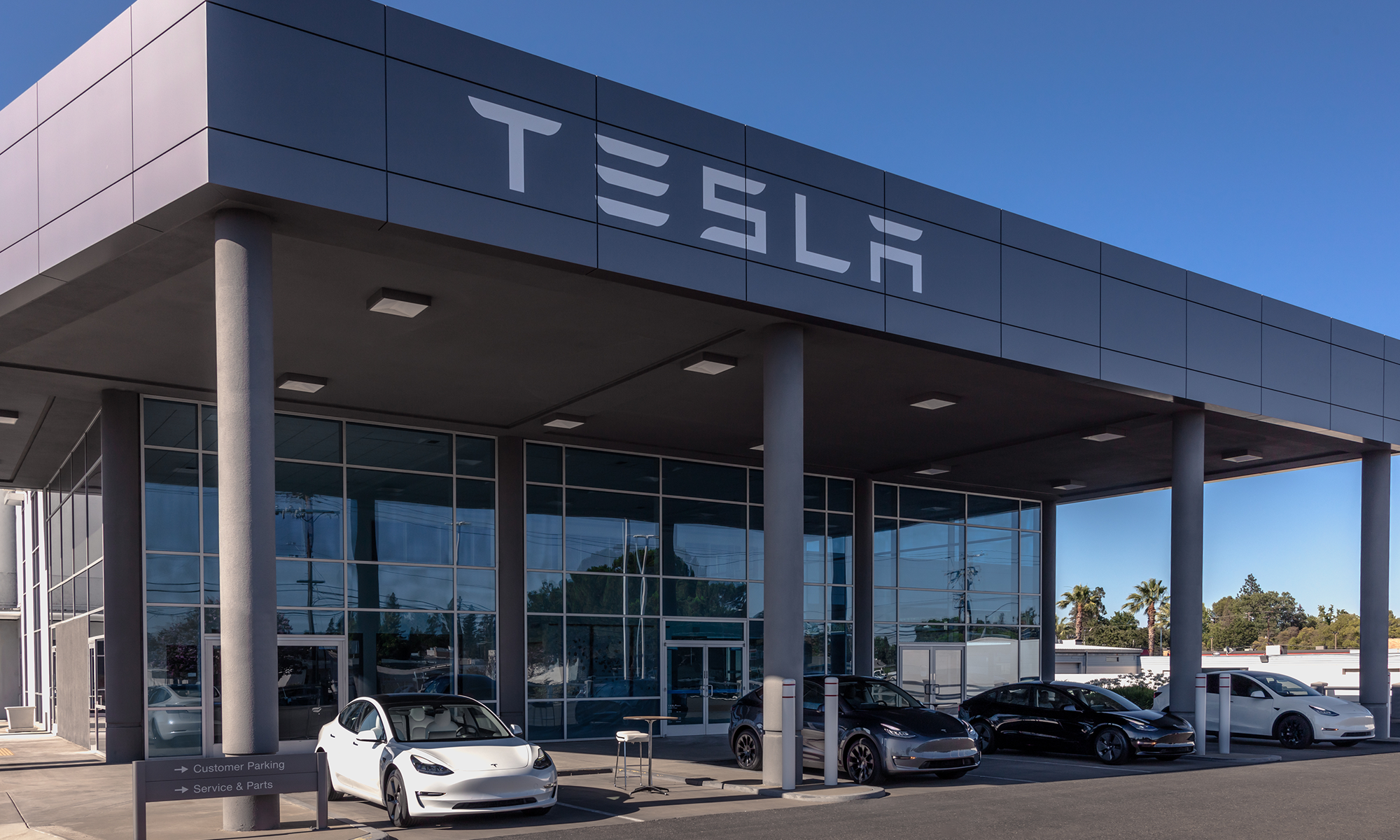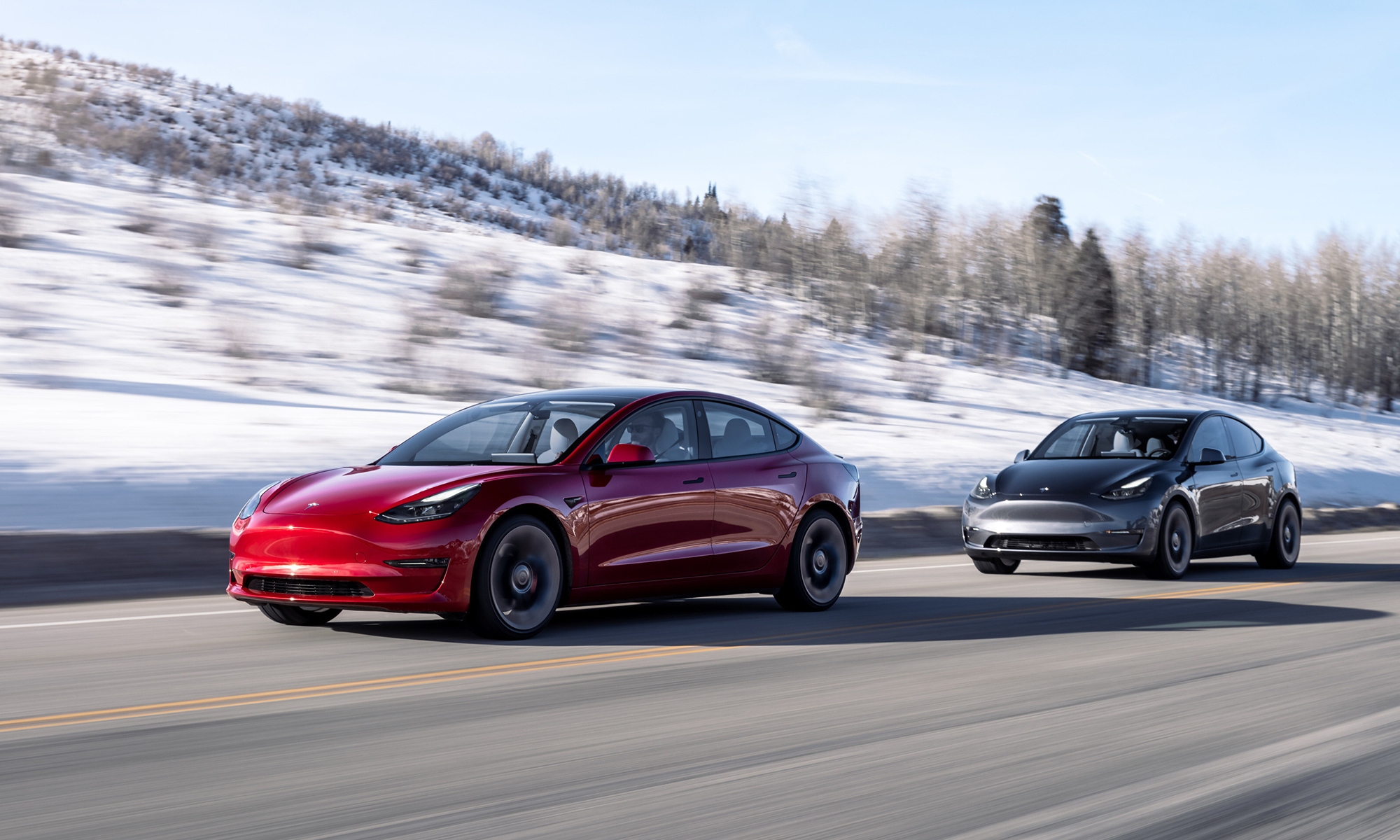Not even Elon Musk knows how to value Tesla (TSLA 1.80%).
That's actually not all that surprising for a few reasons. For starters, it's not really a CEO's job to value their own company. The most practical purpose, as far as investors are concerned, of a CEO doing so would be to assess the prospect of a share repurchase program -- something that would be inappropriate for a young company in dilutive growth mode. Musk spoke with The Guardian recently to discuss the ongoing controversy over working conditions at its Fremont factory. During the phone interview, Musk addressed Tesla's $50 billion market cap: "I do believe this market cap is higher than we have any right to deserve."

Image source: Tesla.
That may be true, and Tesla is a uniquely difficult company to value. But Musk appears to be sending mixed messages to investors when you consider other comments he's made over the years.
Can Tesla be both overvalued and undervalued?
If Musk's comments to The Guardian sound familiar, that's because he made the same assessment nearly verbatim in 2013, when he said, "The stock price that we have is more than we have any right to deserve." Tesla shares were trading around $172 at the time.
"I think our stock price is kind of high right now," Musk said a year later when shares were trading around $286. "If you care about the long term, Tesla, I think the stock is a good price. If you look at the short term, it is less clear."
Meanwhile, Musk has never been one to shy away from needling the shorts:
Seems to be some stormy weather over in Shortville these days
— Elon Musk (@elonmusk) April 25, 2013
Stormy weather in Shortville ...
— Elon Musk (@elonmusk) April 3, 2017
Musk also argued that short-term overvaluation is irrelevant if you're focused on the long-term.
@ForIn2020 @waltmossberg @mims @defcon_5 Exactly. Tesla is absurdly overvalued if based on the past, but that's irrelevant. A stock price represents risk-adjusted future cash flows.
— Elon Musk (@elonmusk) April 3, 2017
Speaking of the long term, he has also predicted that Tesla's market cap could reach anywhere from $500 billion to even $1 trillion or more.
Short term vs. long term
This may all sound like Orwellian doublethink, to suggest that Tesla is overvalued but could still soar 10 to 20 times higher from current levels, but the way to reconcile Musk's sentiments is to consider that Tesla can be overvalued in the short term but undervalued in the long term. The market may have realized this, as shares didn't sell off this time around on Musk conceding that current prices may be a bit lofty, which they did on some of the aforementioned previous occasions.
It's all interrelated, though. Tesla has been able to capitalize on its soaring share price by raising the capital that it needs to fund growth while minimizing dilution relative to if shares were lower, and that capital will be utterly necessary if the company ever hopes to achieve its long-term growth targets. Executing in the long term may subsequently drive the market cap higher, although Tesla will still need to address its short-term challenges, including working conditions.






